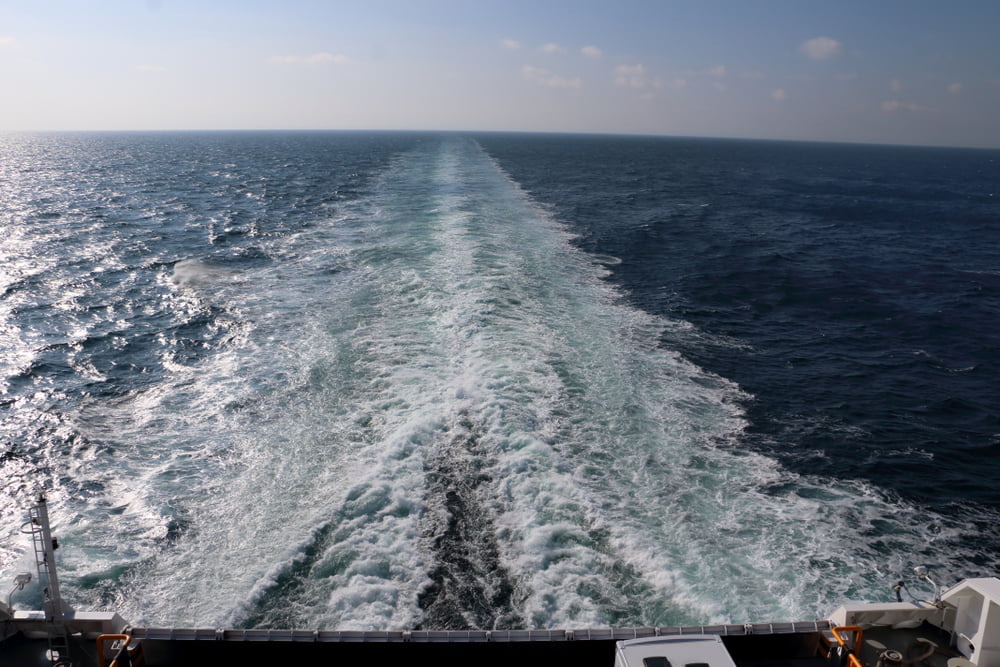The Port of Rotterdam Authority and BigMile are jointly developing a digital platform to map the transport-related emissions in the port. Data from, among other things, AIS, a system that registers all ship movements, is combined with calculation models from TNO. In this way, an accurate approximation is made of the emissions of the transport sector. The platform thus provides insight into, for example, the emissions at a company location. It should also give companies more guidance on the amount of CO2 and other emissions in their total transport chain. The emissions platform thus supports the Port Authority and the business community in making choices on the way to a CO2-neutral port.
For the time being, this concerns a pilot in which the ship movements of sea and inland shipping in Rotterdam are calculated. In a next stage, road transport and rail transport will be added. The aim is to also include the emissions from the transport chains before and after the port of Rotterdam in the coming six months, so that the emissions from door-to-door transport become transparent. The plan is to share the digital platform and the knowledge gained with shipping companies and terminals in the second half of 2022.
At the moment, the platform can already be used to provide insight into, for example, how much a ship emits when it is moored at the quay. This is useful information when developing shore-side power projects. When ships use shore power, they turn off their generators when they are docked and connect them to shore power. In this way, the BigMile platform can provide insight into how much air pollution a shore power connection can prevent.
Millions of transport movements
'With millions of transport movements per year, we are the largest port in Europe. This means that with our activities we can have a major impact on making logistics more sustainable', says Nico van Dooren, who is responsible for the energy transition program of the Port of Rotterdam Authority. The Port Authority is working on a series of related projects to make industry and logistics more sustainable, from providing insight into the optimal connection via the most sustainable modality, to the production of alternative fuels in Rotterdam and the promotion of fast and efficient handling of port calls.
With BigMile the Port of Rotterdam Authority is taking a step towards being able to steer towards this reduction strategy on the basis of well-founded data. BigMile has developed a calculation and analysis platform that allows shippers and logistics service providers to optimize and report on the multimodal transport-related CO2 emissions of their transport. The SaaS platform, which already has more than 200 users, enables shippers and logistics service providers to comply with the impending reporting obligation for CO2 and upcoming CO2 taxes.
'In the first project phase, we will focus on area emissions in the Rotterdam management area, from 60 kilometers offshore to the Brienenoord Bridge. For maritime and inland shipping, we literally “map” the emissions from the actual movements of vessels and vehicles.
Wouter Nering Bögel, project leader at BigMile.
'Thanks to these analyses, we can respond to concrete opportunities for improvement on the basis of hard data. This way we can better see in advance what the impact of measures will be. This should enable companies to focus on CO2 reduction in both the port and the entire transport chain that runs through Rotterdam."
Nico van Dooren, responsible for the energy transition program of the Port of Rotterdam Authority.



